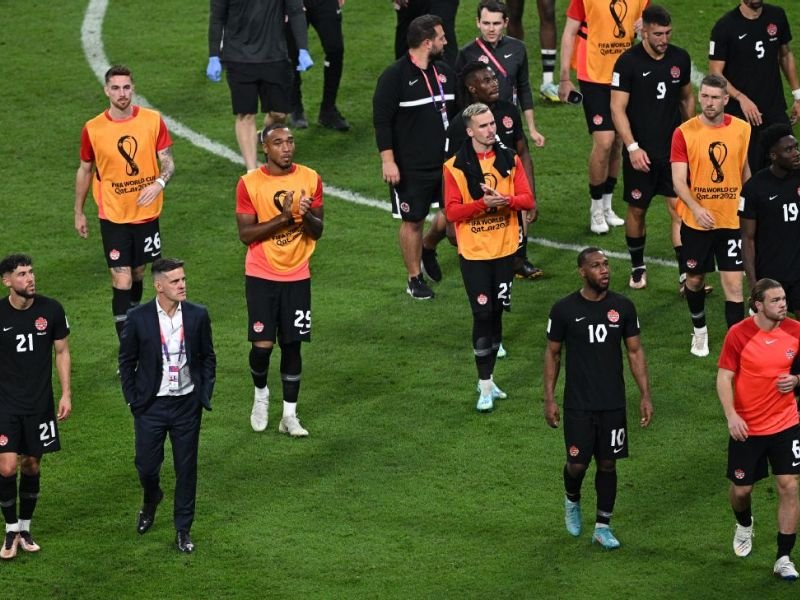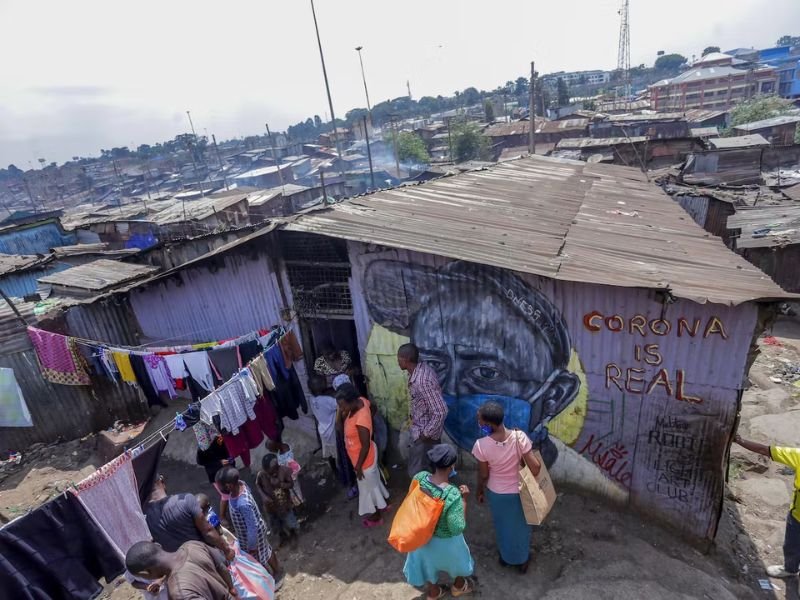Palesa Mgazi*, a doctor at Lenasia South District Hospital in Johannesburg’s south, regularly places patients on drips in complete darkness at night.
The machines that check vital signs in the emergency department where she works aren’t beeping because they don’t work without electricity.
She must think quickly on her feet.
Many patients who walk through the doors require machines to monitor their body temperature, pulse rate, blood pressure, and oxygen levels. Others require the use of a ventilator, which is a machine that breathes for them.
However, because there was no diesel to fuel the backup generators during late November’s load shedding — or days that month when there was simply no power — she couldn’t use such equipment.
According to the national health department’s spokesperson, Foster Mohale, Lenasia South Hospital is not on the list of hospitals exempt from load shedding.
The most difficult problem is with the ventilators. Mgazi estimates that the machines have a half-hour battery life after the power goes out.
Following that, doctors must manually simulate the patient’s breathing using a technique known as bag mask ventilation.
A health professional places a mask connected to an air-filled bag over the patient’s mouth and squeezes the bag rhythmically to pump oxygen into their airways.
Mgazi spoke with Bhekisisa on her way home from work after working the night shift.
She was completely exhausted.
“We only have two doctors in the emergency department at any given time,” she explained, “so if one has to ‘bag’ a patient, there’s only one doctor left [to do everything else].” I’m not sure what we’ll do if two patients require ventilation [at the same time] one day.”
While the patient is being assisted in breathing, someone must contact larger hospitals nearby to see if there are beds available for those who require more advanced treatment than Lenasia can provide.
It’s much easier said than done. Mgazi explains that the doctor-on-call would have to go somewhere where there is a cellphone signal, which, during power outages, mostly disappears, as does use of the hospital’s landlines.
All of this with no guarantee of water, which hospitals rely on heavily to clean equipment, wash laundry, and keep the facility clean.
What’s causing the uproar?
According to hospital sources, layers of government are collapsing.
The blaze
On November 4, a fire broke out at a Lenasia substation, leaving parts of Lenasia South in the dark for days. However, while technicians were repairing the damage, a large circuit breaker blew up due to vandalism at a supporting substation, according to a City Power statement.
According to Nickolaus Bauer, deputy director of communications in the office of the Johannesburg mayoral committee that deals with infrastructure issues, power was only fully restored to Lenasia South on November 8.
Residents of Lenasia South, however, experienced new power outages later in the month when the substation tripped. According to Bauer, this was caused by an overhead line fault on the Eskom infrastructure that served the substation.
According to hospital staff interviewed by Bhekisisa, the second power outage left the Lenasia South Hospital without power for a day.
The failing power company
South Africa had 179 days of scheduled outages as of 2 December this year, with each day having more outages on average than in previous years. As a result, South Africa had already experienced more loadshedding in 2022 than in any other year by September.
Andre de Ruyter, the CEO of the country’s power utility, Eskom, stated earlier this year that the country’s energy problems are the result of poor power station maintenance and sabotage.
Following public pressure from state-run hospitals, 77 hospitals across the country have been exempted from load shedding.
Charlotte Maxeke Johannesburg Academic Hospital and Helen Joseph Hospital are among the Gauteng facilities. Health workers at those facilities confirmed to Bhekisisa that power outages had ended following the government’s announcement.
During parts of November, the Lenasia South Hospital, like the rest of the country, experienced stage 4 load shedding, which left the hospital without power for up to seven and a half hours per day.
The source of energy
The hospital has two backup generators that are supposed to keep the facility running during scheduled outages. When the Lenasia South substation first failed on November 4, these generators kept the hospital running.
However, there was no diesel to power them for the majority of November, according to a hospital worker who wishes to remain anonymous. The hospital was without power during load shedding and for a portion of the time when the substation tripped.
What’s the reason?
According to the source, the Gauteng health department had not paid the people in charge of ensuring that there is enough fuel for the generators.
However, in response to Bhekisisa’s questions, Mogeru Morewane, the chief director of the Johannesburg health district, stated that the diesel delivery issue occurred due to a high demand for generator fuel caused by load shedding and other outages.
She claims that as a result of all of this, Lenasia District Hospital lost power for several hours in November.
The pipelines
Another issue has been Johannesburg’s water shortage.
Mgazi claims that during the last week of November, the hospital experienced water outages every other day for a few hours at a time, though there were trickles of water in some areas.
Morewane confirmed that the facility experienced water supply issues in November, which she attributed to Johannesburg Water’s scheduled water outages in the Lenasia area.
According to her, Joburg Water brought in water tankers to fill the reservoirs to solve the problem.
Don’t Forget To Follow Us On Facebook | Instagram | Twitter | LinkedIn To Get The Latest Updates From Cape Town Tribune










